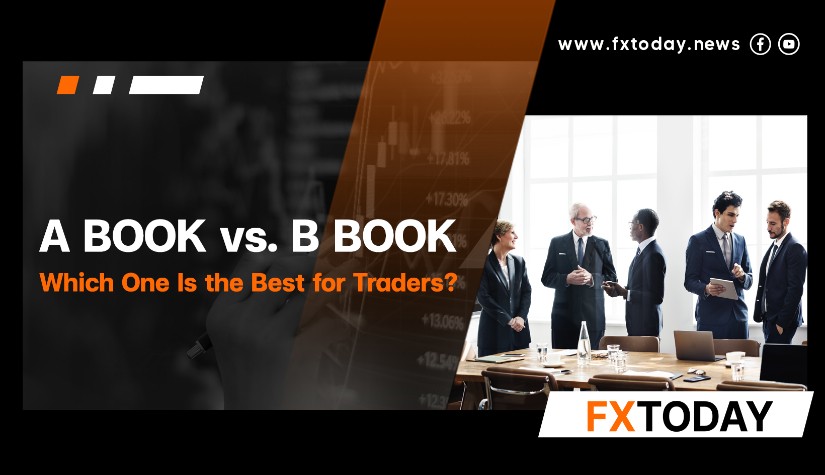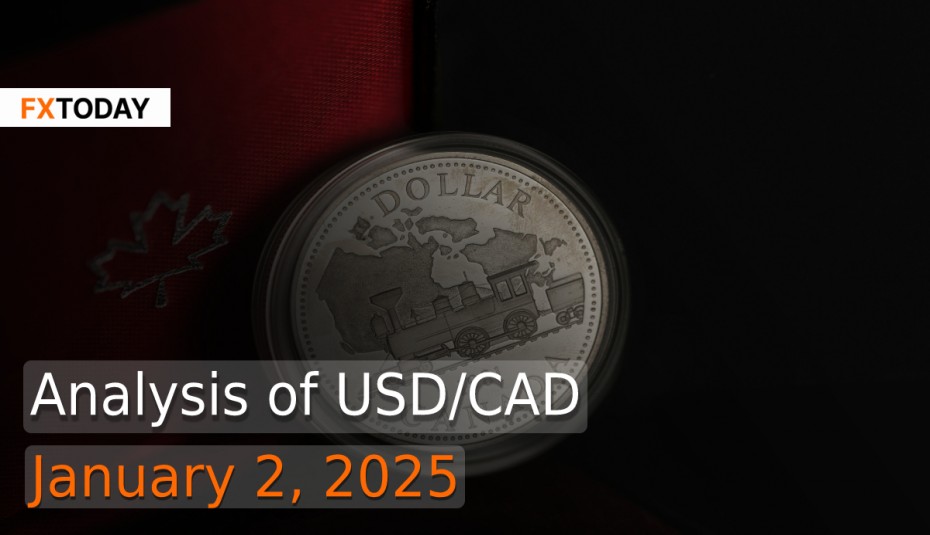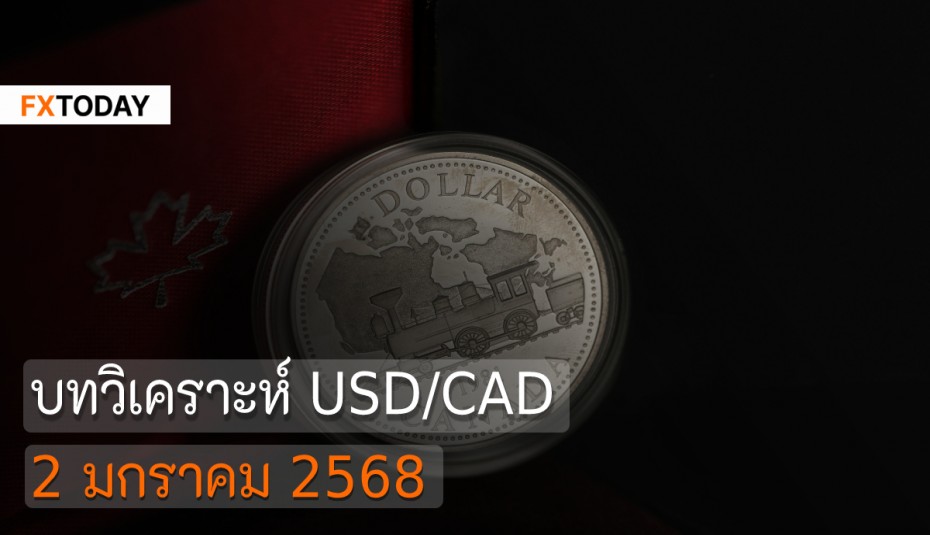What Are a Book and B Book?
A Book and B Book are terms used to describe the trading characteristics of brokers.
What Is the A Book?
The A Book refers to brokers offering fair prices to traders by executing orders directly in the market. Such brokers often prefer lower price risks for traders. They procure their pricing feed data from large financial institutions and usually offer low, variable spreads. The primary revenue streams for A Book brokers are spreads and commissions.
What Is the B Book?
The B Book entails brokers keeping traders' orders within their own system, contrasting with the A Book. They quote prices to clients and act as counterparts when orders are placed, allowing trades without re-quotes. B Book brokers must maintain high liquidity to instill client confidence. Their income stems from fixed spreads and the differential (profit/loss) of traders' positions.
How Does a Broker That Combines A Book and B Book Work?
Forex brokers increasingly combine A Book and B Book strategies to enhance profit opportunities and credibility. They usually employ software to analyze client orders, categorizing traders by deposit size. Larger orders get directed to the market, while smaller orders are managed internally. However, mishandling the B Book's associated risk can lead to trading losses.
How to Differentiate Between A Book and B Book Brokers?
A Book Brokers can be differentiated based on the following characteristics:
- Order execution type
- Direct market access
- Variable market spreads (No Dealing Desk)
- No re-quotes (particularly for STP brokers)
- Positive or negative slippage
- No restrictions on trading strategies, with support for high-frequency trading and server access for algorithmic trading.
B Book Brokers can be differentiated based on the following characteristics:
- Broker-handled order execution
- Fixed spreads (Market Maker/Dealing Desk)
Conclusion
In summary, A Book and B Book distinguish different broker trading models. While A Book involves executing orders directly in the market, B Book represents brokers managing orders before market execution.
However, each broker type carries different advantages and disadvantages. Hence, traders should research and evaluate before investing with a specific broker.
______________________________
Maximize your knowledge: Blog
Keep up to date on global events: News
Explore in-depth analysis: Analysis
















